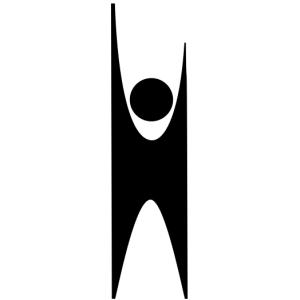Humanism began in ancient Greece when philosophers rejected traditional belief systems and their related gods. These great thinkers sought to understand the system of the natural world instead. Free inquiry was very important to them. They insisted that humanity had to create its own values and not rely on the utterances of some unseen god.
Eventually, various political and religious authorities slowly buried humanist thought because it challenged their control. For centuries, it was dangerous to admit to being an atheist.
The Enlightenment
When Humanism re-emerged in the 18th century, Humanists were referred to as Naturalists, Rationalists, Deists, and Freethinkers. Christians called them skeptics or infidels. By the time Charles Darwin wrote his On the Origin of Species (1859), scientists were challenging conventional thought on all sides. Scientific questioning of accepted dogma opened many minds to Humanist reflection.
Humanism World Wide Today
In 1952, the first International Congress of the International Humanist and Ethical Union (IHEU) was held in Amsterdam. Today IHEU represents more than 3 million members in 30 countries, has consultative status at the United Nations and is headquartered in London, U.K.


This “Happy Human” figure became the International symbol for Humanism
The Beginnings of Humanism in Canada
The first Humanist group in Canada was formed in 1954, in response to an advertisement placed in the Montreal Star by Dr R.K. Mishra. His notice was well received, allowing him to establish the Humanist Fellowship of Montreal. This eventually led to the creation of the Humanist Association of Canada (HAC) in 1968. Dr Henry Morgentaler became HAC’s first president. That same year, the HAC in Montreal submitted a brief to the Government of Canada, advocating a change in the laws restricting abortion, and supporting Morgentaler’s stand on a woman’s right to choose.
